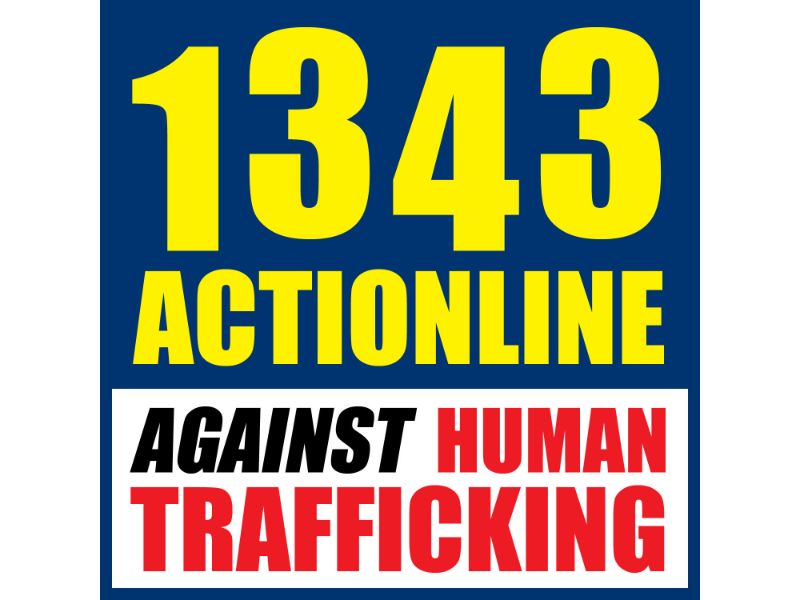In the US State Department’s Trafficking Report of 2010, the Philippines was classified as a Tier 2 Watchlist country in terms of efforts to combat human trafficking. The country is identified as a source, and to a much lesser extent, a destination and transit country for men, women who are subjected to trafficking in persons, specifically forced prostitution and forced labor.
Among the recommendations made were to, among others, (1) demonstrate greater progress on efficiently investigating, prosecuting and convicting both labor and sex trafficking offenders, (2) increase efforts to vigorously investigate and prosecute government officials complicit in trafficking, (3) devote increased resources to victim and witness protection; and to (4) continue disseminating information on the Anti-Trafficking in Persons Act throughout the country.
In response to said recommendations, the IACAT-ADVOCOM through the CFO is establishing a 24/7 Action Hotline having been appointed as chair of the Advocacy and Communications Committee of the Inter-Agency Council Against Human Trafficking (IACAT). Based on CFO’s past experience in handling trafficking cases, victims are not adamant in pursuing cases not just for fear of retaliation by traffickers, but more often because of lack of access to government and non-government operated protection services. The goal of the 24/7 action hotline is to address the gap in services of the different government agencies and non-government organizations in assisting victims of human trafficking.
Objectives
The 1343 Actionline aims to:
1. Receive and respond to requests for assistance, inquiries, and referrals from victims including their families and the public on matters related to cases of human trafficking regardless if the crime was committed locally or internationally; and
2. Systematize the referral of cases to appropriate government agencies or non-government organizations as immediately as possible.
The hotline service will enable the IACAT and the CFO in particular to:
- Monitor the actions taken on cases referred to government agencies or NGOs;
- Ensure that victims’ and witnesses’ rights are properly protected by avoiding repetitive investigations by different agencies/offices;
- Increase trust among the public by encouraging vigilance in reporting cases of human trafficking;
- Develop an expansive network of public and private institutions in the Philippines that can provide assistance to victims of human trafficking including related concerns of migrant Filipinos;
- Enhance the country’s module on human trafficking including the formulation of training materials and manuals to improve the capacities and competencies of law enforcement agencies and front-line service providers;
- Advise the President and the Congress on possible legislation that will improve the government’s preventive mechanisms and responses to trafficking incidents and trafficked victims; and
- Improve information dissemination on the Republic Act 9208 as amended by the Republic Act 10364 or the Anti-Trafficking in Persons Act throughout the country.
